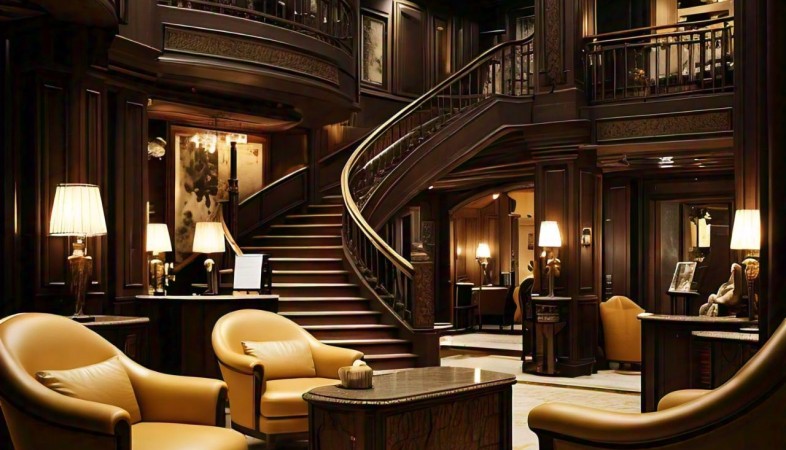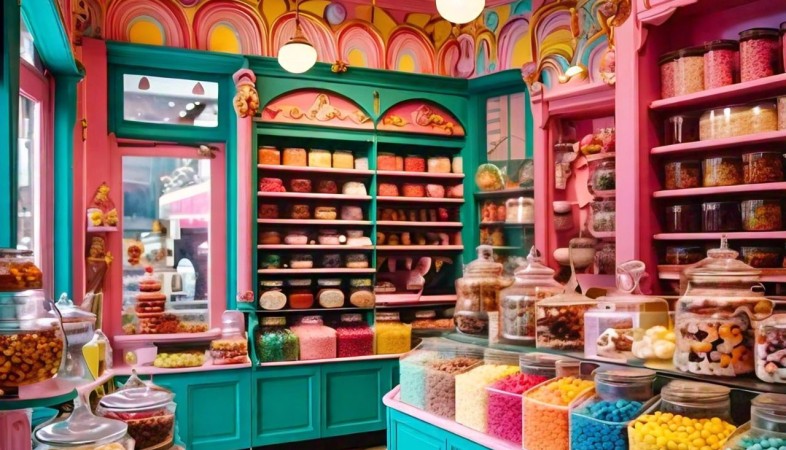How Boutique Hotels Are Redefining Luxury Through Unique Offerings
As more travelers seek authenticity and connection, boutique hotels continue to set the standard for a more mindful, enriching approach to luxury travel.
Boutique hotels have transformed the luxury travel industry
by moving beyond the traditional markers of opulence and instead focusing on
personalized, unique experiences. These hotels, often smaller and independently
owned, offer a distinct alternative to the uniformity of large hotel chains.
Their emphasis on authenticity, customized services, and innovative design
makes them appealing to travelers seeking meaningful, memorable stays. Boutique
hotels are redefining what luxury means, adding depth to the concept by
prioritizing individuality, cultural connection, and environmental
responsibility.
A key aspect of boutique hotels is their emphasis on locality and cultural immersion. Many boutique properties draw inspiration from their surroundings, weaving local art, culture, and history into the guest experience. For instance, a boutique hotel in a historic district might preserve the architectural integrity of its building while blending contemporary comforts. By working with local artisans and designers, these hotels can create spaces that celebrate the unique character of the region, giving guests a sense of place and an opportunity to connect with the local culture. This attention to authenticity offers a new layer of luxury that appeals to discerning travelers who want more than just beautiful accommodations.
Personalized service is another defining trait of boutique hotels, setting them apart in the luxury segment. With fewer rooms and more intimate environments, boutique hotels can deliver highly tailored experiences. Staff members often go beyond typical concierge services, taking time to get to know guests and catering to their specific preferences. Whether it’s arranging exclusive dining experiences, recommending hidden local gems, or simply remembering a guest’s name and favorite morning drink, these thoughtful touches make guests feel valued and seen. This dedication to personal connection creates an inviting atmosphere that makes the stay feel more like a visit to a friend’s home than a typical hotel experience.
Boutique hotels also distinguish themselves with innovative, character-driven design. Each property typically has a unique aesthetic, often featuring bold architecture, one-of-a-kind furnishings, and a cohesive design theme. From repurposed warehouses with industrial interiors to coastal properties with minimalist, beach-inspired decor, boutique hotels are unafraid to experiment and offer guests visually inspiring spaces. This design-forward approach not only enhances the ambiance but also appeals to travelers’ desire for Instagram-worthy backdrops. Many guests choose boutique hotels precisely because they offer a refreshing break from the standardized decor of larger chains, allowing them to experience a visually stunning environment that aligns with their personal tastes.
Sustainability is increasingly woven into the boutique hotel experience, aligning with the values of many modern travelers. Many boutique hotels prioritize eco-friendly practices, from using energy-efficient technologies to sourcing locally grown, organic ingredients for their restaurants. Some even partner with local communities on environmental initiatives, such as beach clean-ups or tree-planting projects, encouraging guests to participate. These initiatives add depth to the luxury experience, enabling guests to enjoy an opulent stay while minimizing their environmental impact. For many travelers, sustainability is a form of luxury that reflects a commitment to preserving the natural beauty and cultural heritage of the places they visit.
Additionally, boutique hotels often emphasize experiential luxury over material extravagance. Many properties design exclusive, immersive experiences that allow guests to explore the area more authentically. A coastal boutique hotel might offer private snorkeling excursions with local marine biologists, while a mountain retreat might organize guided hikes with expert naturalists. By curating unique, experience-driven activities, boutique hotels can offer a more personalized, enriching stay that goes beyond high-thread-count sheets and opulent decor. Guests leave with cherished memories, feeling that they’ve connected more deeply with the destination.
Finally, boutique hotels offer an atmosphere of privacy and exclusivity, qualities that are highly valued by luxury travelers. The small scale of these properties often means fewer guests and a quieter, more relaxed environment. Many boutique hotels further enhance this sense of exclusivity by limiting access to public spaces or offering secluded rooms and private villas. Guests seeking an escape from the crowds find boutique hotels ideal for their more intimate and serene settings, a contrast to the busier atmospheres of larger resorts. This element of exclusivity contributes to the boutique hotel’s appeal as a sanctuary, where guests can unwind and enjoy a high level of personal attention.
Boutique hotels are redefining luxury by focusing on personalization, cultural authenticity, sustainable practices, and experiential offerings. They appeal to a new generation of travelers who view luxury not just as material wealth, but as meaningful, memorable experiences. By valuing individuality and a sense of place, boutique hotels have successfully carved a niche within the luxury market, offering guests an alternative that feels refreshingly different and uniquely personal. As more travelers seek authenticity and connection, boutique hotels continue to set the standard for a more mindful, enriching approach to luxury travel.
.png)
















 at Unique Resort & Lifestyle.jpeg)












